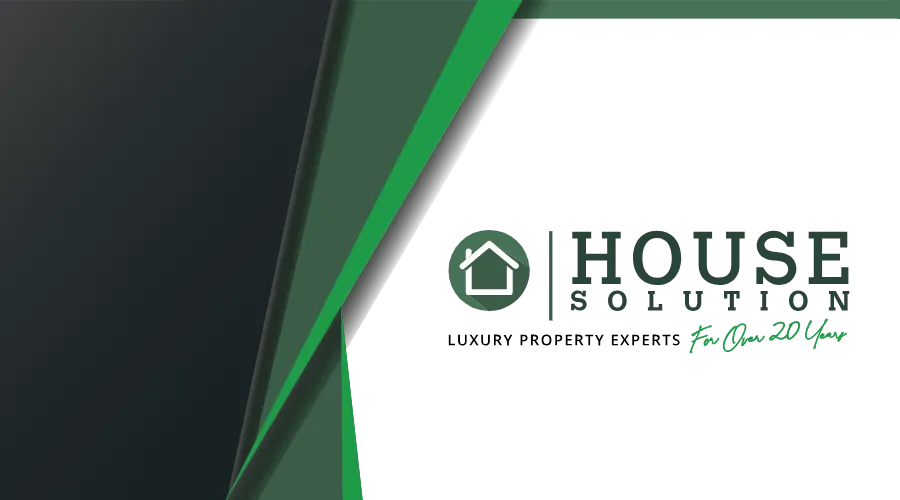HOW TO PREVENT IDENTITY THEFT
Living in an Apartment|3.6 MIN READ|Updated on: 07 October 2023|Written by: Marwa Samir
Identity Theft Overview
Identity theft is a growing concern for people all over the world, and it can have severe consequences. Identity theft occurs when someone uses your personal information without your permission to commit fraud or other crimes. This crime can happen in various ways, such as phishing scams, data breaches, or physical theft of documents that contain sensitive information.
To prevent identity theft from happening to you, there are several steps you can take. First and foremost, you should safeguard your personal information by keeping it secure at all times. This means not sharing passwords with anyone and using strong passwords that cannot be easily guessed or hacked. Additionally, be careful about what you post online and avoid oversharing on social media platforms.
Another essential step in preventing identity theft is monitoring your credit report regularly. By checking your credit report at least once a year, you can identify any fraudulent activity early on and take appropriate action to stop it before any significant damage is done. Finally, consider enrolling in an identity protection service that provides comprehensive monitoring of your personal information so that any potential threats are detected immediately.
Recognizing Signs of Identity Theft
One of the most important steps in preventing identity theft is to recognize the signs and symptoms early on. If you notice any unusual activity or unauthorized transactions on your bank account or credit card statement, it could be a sign that someone has stolen your identity. Similarly, if you receive bills or collection notices for accounts that you don't recognize, it could be a red flag.
Another warning sign of identity theft is when you start receiving calls from debt collectors about accounts that aren't yours. This could indicate that someone has opened an account in your name and has been using it without your knowledge. Additionally, if you suddenly stop receiving mail or begin receiving mail addressed to someone else at your address, it's possible that an identity thief has changed the address associated with one or more of your accounts.
In summary, by being vigilant and recognizing these warning signs early on, you can take action to prevent further damage from being done to your finances and personal information. It's important to monitor all financial statements regularly and report any suspicious activity immediately to avoid becoming a victim of identity theft.
Reducing the Risk of Identity Theft
One of the easiest ways to reduce your risk of identity theft is by being careful with your personal information. Avoid giving out sensitive information like your social security number or credit card details unless it’s absolutely necessary. When in doubt, ask why the information is needed and how it will be used.
Another way to prevent identity theft is to monitor your financial accounts regularly. Check for suspicious activity and report any unauthorized transactions immediately. You can also sign up for alerts from your bank or credit card company so that you’ll be informed right away if there’s any unusual activity on one of your accounts.
Finally, make sure you’re using strong passwords and updating them regularly. Use a combination of letters (both uppercase and lowercase), numbers, and symbols to create a unique password that would be difficult for someone else to guess. By taking these simple steps, you can greatly reduce the risk of falling victim to identity theft.
Best Practices to Protect Data
One of the best practices to protect data is to avoid sharing personal information over unsecured networks or social media. Public Wi-Fi networks at cafes and airports may look convenient, but they are not secure enough to transmit sensitive data such as passwords, banking information, or credit card details. Instead, use a virtual private network (VPN) that encrypts your data and secures your online activities.
Another way to prevent identity theft is to keep your software and operating systems updated. Software updates often contain security patches that address vulnerabilities in the system that can be exploited by hackers. Additionally, using strong passwords for your accounts and enabling two-factor authentication can also help protect your data in case any of your accounts are compromised.
Lastly, it is essential to be cautious when responding to unsolicited emails or phone calls asking for personal information. Scammers often pose as legitimate businesses or government agencies with convincing stories about why they need access to sensitive data such as Social Security numbers or bank account details. Always verify the legitimacy of the request before providing any information so you can avoid falling victim to phishing scams.
Online Safety Guidelines
One of the most common online security threats today is identity theft. Hackers and cybercriminals are constantly finding more sophisticated ways to steal personal information, which they can then use for fraudulent activities. To prevent identity theft, here are some online safety guidelines you should follow:
Firstly, always use strong passwords that contain a mix of letters, numbers, and symbols. Avoid using easily guessable words or phrases like “password” or “123456”. Additionally, it’s important to change your passwords regularly to protect against any potential breaches.
Secondly, be cautious when clicking on links or downloading attachments from unknown sources. These could potentially contain malware that can compromise your device's security and steal your personal information.
Lastly, ensure that all your devices are updated with the latest security patches and software updates regularly. This will help keep your devices secure by fixing any known vulnerabilities that hackers may exploit to steal your sensitive data. By practicing these simple online safety guidelines consistently, you can significantly reduce the risk of becoming a victim of identity theft while enjoying a safer online experience.
Seeking Help in Case of Theft
If you suspect that your identity has been stolen, it's important to act quickly to minimize the damage. The first step is to contact your bank or credit card company and report any suspicious activity. They can freeze your accounts and issue new cards as necessary. You should also file a police report so that there is an official record of the theft.
Next, review all of your financial statements and credit reports for any unauthorized transactions or accounts. Contact the appropriate companies if you find anything suspicious and dispute those charges.
Finally, consider placing a fraud alert on your credit report, which will notify potential creditors that they need to take extra steps to verify your identity before issuing credit in your name. You can also consider signing up for a credit monitoring service, which will alert you to any changes in your credit profile in real time.
Conclusion: Stay Aware and Secure
In conclusion, the key to avoiding identity theft is staying aware and secure. Being vigilant about protecting your personal information can go a long way in preventing fraudsters from stealing your identity. Always check your bank and credit card statements regularly, monitor your credit report for any suspicious activity, and be cautious when sharing personal information online.
Another important step in preventing identity theft is to use strong passwords and two-factor authentication whenever possible. Make sure that your passwords are unique and complex, containing a mix of upper- and lowercase letters, numbers, and symbols. Avoid using the same password across multiple accounts or sharing it with anyone. Two-factor authentication adds an extra layer of protection by requiring you to provide a second form of identification before accessing an account.
If you do become a victim of identity theft, act quickly to minimize its impact on your life. Contact your bank or credit card company immediately to report any unauthorized charges or withdrawals. By being proactive about protecting yourself against identity theft, you can help ensure that you don't fall victim to this costly crime.






